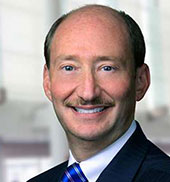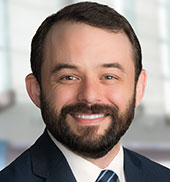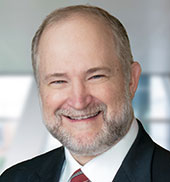On July 20, 2022, the OIG released a Fraud Alert encouraging practitioners to exercise caution when entering into arrangements with telemedicine companies, given the various fraud and abuse risks associated with such arrangements, including an increased risk of fraudulent claims to Medicare, Medicaid, and other federal healthcare programs.
The Fraud Alert lists seven characteristics of suspect arrangements. This list is not exhaustive and any one factor is not determinative of whether an arrangement would violate the law.
- Patients are identified or recruited by advertisements for free or low out-of-pocket cost items or service by the telemedicine company, sales agent, recruiter, call center or health fair and/or through the internet, television, or social media.
- The practitioner who is contracted with the telemedicine company does not have sufficient contact with or information from the patient to meaningfully assess the medical necessity of the items or services such practitioner orders or prescribes.
- The telemedicine company actually compensates the practitioner based on the volume of items or services ordered or prescribed although the compensation arrangement may be characterized to the practitioner as compensation based on the number of purported medical records the practitioner reviewed.
- The telemedicine company only furnishes items and services to federal health care program beneficiaries and does not accept insurance from any other payor.
- The telemedicine company bills federal health care programs even though it claims to only furnish items and services to individuals who are not federal health care program beneficiaries.
- The telemedicine company only furnishes one product or a single class of products (e.g., durable medical equipment, genetic testing, or other specific items or services) potentially restricting the contracted practitioner’s treating options to a predetermined course of treatment.
- The telemedicine company does not expect, nor provide information to enable, practitioners to follow up with patients.
While telemedicine fraud schemes vary in design in operation, one common element is using kickbacks to aggressively recruit and reward practitioners. In many arrangements, telemedicine companies will pay practitioners in exchange for ordering or prescribing items and services for patients which whom the practitioners have had little to no interaction and without considering medical necessity. Telemedicine companies will inform the practitioner they do not need to contact the patient and may be denied the opportunity to review the medical records. Notably this raises concern over (1) an increase in cost to federal health care programs for medically unnecessary items and services; (2) the provision of unnecessary care that may harm a patient or delay needed care; and (3) corrupt independent medical decision-making. The Fraud Alert reminds practitioners that they may be personally liable for these arrangements if they are involved in the ordering or prescribing of medically unnecessary items or services.
The OIG acknowledges that many practitioners have appropriately used telehealth services over the course of the COVID-19 pandemic to provide medically necessary care to their patients. However, practitioners should pay attention to the above suspect characteristics prior to entering into arrangements with telemedicine companies.
This Fraud Alert demonstrates telemedicine arrangements are facing heightened scrutiny, and providers should exercise caution and consideration before entering into these arrangements to ensure compliance with applicable fraud and abuse laws.
Nicole Jobe is a partner in Thompson Coburn's Health Law Practice Group. Catherine Feorene is an associate in Thompson Coburn's Health Law Practice Group.


















